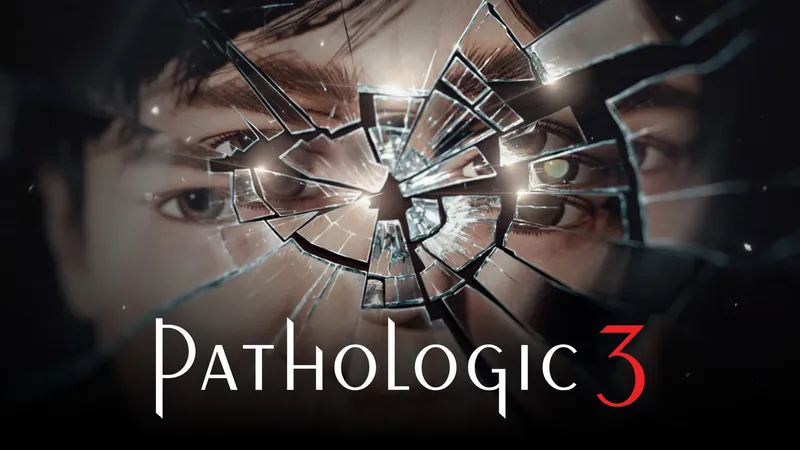
Breakthrough in Cancer Immunotherapy: Akoya’s Advanced Proteomics Tools Employed by the UK MANIFEST Consortium
2024-10-07
Author: Noah
In a landmark initiative poised to reshape cancer treatment, Akoya Biosciences has announced that its cutting-edge spatial proteomics platforms—PhenoCycler Fusion and PhenoImager HT—have been selected for use by the MANIFEST consortium in the UK. This consortium is a collaboration among some of the country's leading academic institutions and healthcare organizations, spearheaded by the prestigious Francis Crick Institute and The Royal Marsden NHS Foundation Trust.
The MANIFEST program, funded by the UK Office of Life Sciences and the Medical Research Council, aims to enhance cancer immunotherapy through the in-depth analysis of thousands of tissue samples from patients. By leveraging Akoya’s advanced platforms, researchers will be able to conduct comprehensive spatial proteomic profiling to uncover biomarkers that could not only predict treatment success but also identify potential side effects.
Recent advancements in cancer immunotherapy have yielded promising results, but a significant challenge remains: understanding why some patients respond positively to these treatments while others do not. The consortium, composed of renowned cancer researchers and industry pioneers, aims to address these disparities. Akoya’s technology will provide invaluable insights into the interactions of immune cells within the tumor microenvironment, ultimately facilitating the development of more personalized and effective treatment plans.
Brian McKelligon, CEO of Akoya Biosciences, expressed pride in their involvement with the MANIFEST consortium. "With our spatial proteomics expertise, we are committed to improving patient care by identifying key biomarkers that support the advancement of personalized medicine,” he stated.
The four-year MANIFEST program is set to evaluate approximately 6,000 patients undergoing immunotherapy across the UK, including individuals with breast, bladder, kidney, and skin cancers. This initial cohort will enable researchers to gather critical data that could lead to breakthroughs in treatment strategies and results for diverse cancer types.
Samra Turajlic, project lead at the Francis Crick Institute and Consultant Medical Oncologist at The Royal Marsden NHS Foundation Trust, highlighted the importance of this initiative. "Despite significant progress over the last decade, many patients continue to experience treatment failures and adverse side effects," she commented. "The MANIFEST program presents a unique opportunity to tackle these challenges through innovative collaboration."
Akoya Biosciences stands at the forefront of spatial biology, dedicated to uncovering the intricate relationships within biological systems that influence disease progression and therapeutic responses. By integrating spatial phenotyping into cancer research, Akoya aims to unlock the potential of immunotherapy and ultimately improve outcomes for patients worldwide.
As this groundbreaking research unfolds, the results could redefine the landscape of cancer treatment, marking a significant step toward more effective, personalized therapies for patients globally. Stay tuned for updates on how these advancements will shape the fight against cancer!









 Brasil (PT)
Brasil (PT)
 Canada (EN)
Canada (EN)
 Chile (ES)
Chile (ES)
 España (ES)
España (ES)
 France (FR)
France (FR)
 Hong Kong (EN)
Hong Kong (EN)
 Italia (IT)
Italia (IT)
 日本 (JA)
日本 (JA)
 Magyarország (HU)
Magyarország (HU)
 Norge (NO)
Norge (NO)
 Polska (PL)
Polska (PL)
 Schweiz (DE)
Schweiz (DE)
 Singapore (EN)
Singapore (EN)
 Sverige (SV)
Sverige (SV)
 Suomi (FI)
Suomi (FI)
 Türkiye (TR)
Türkiye (TR)